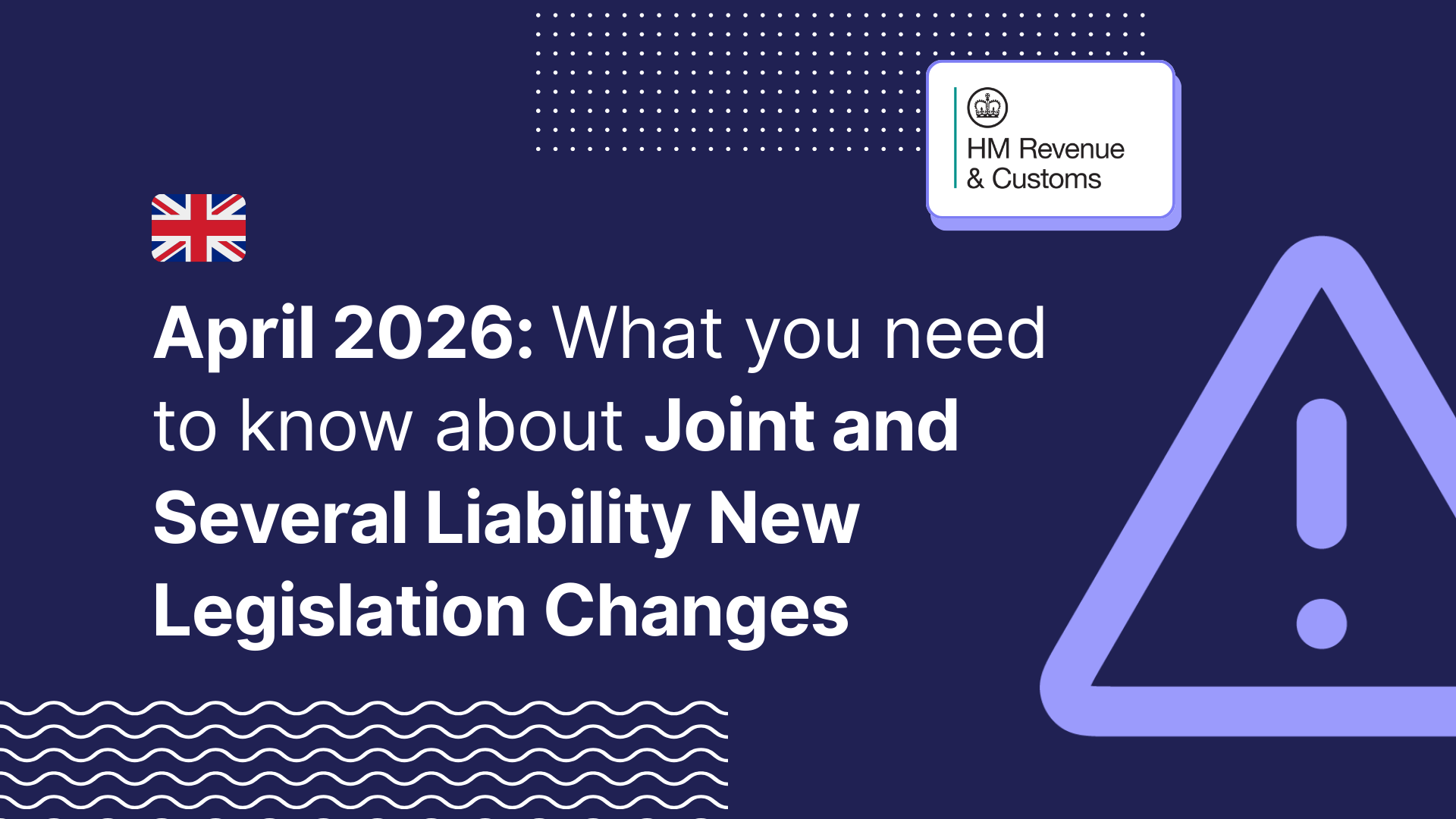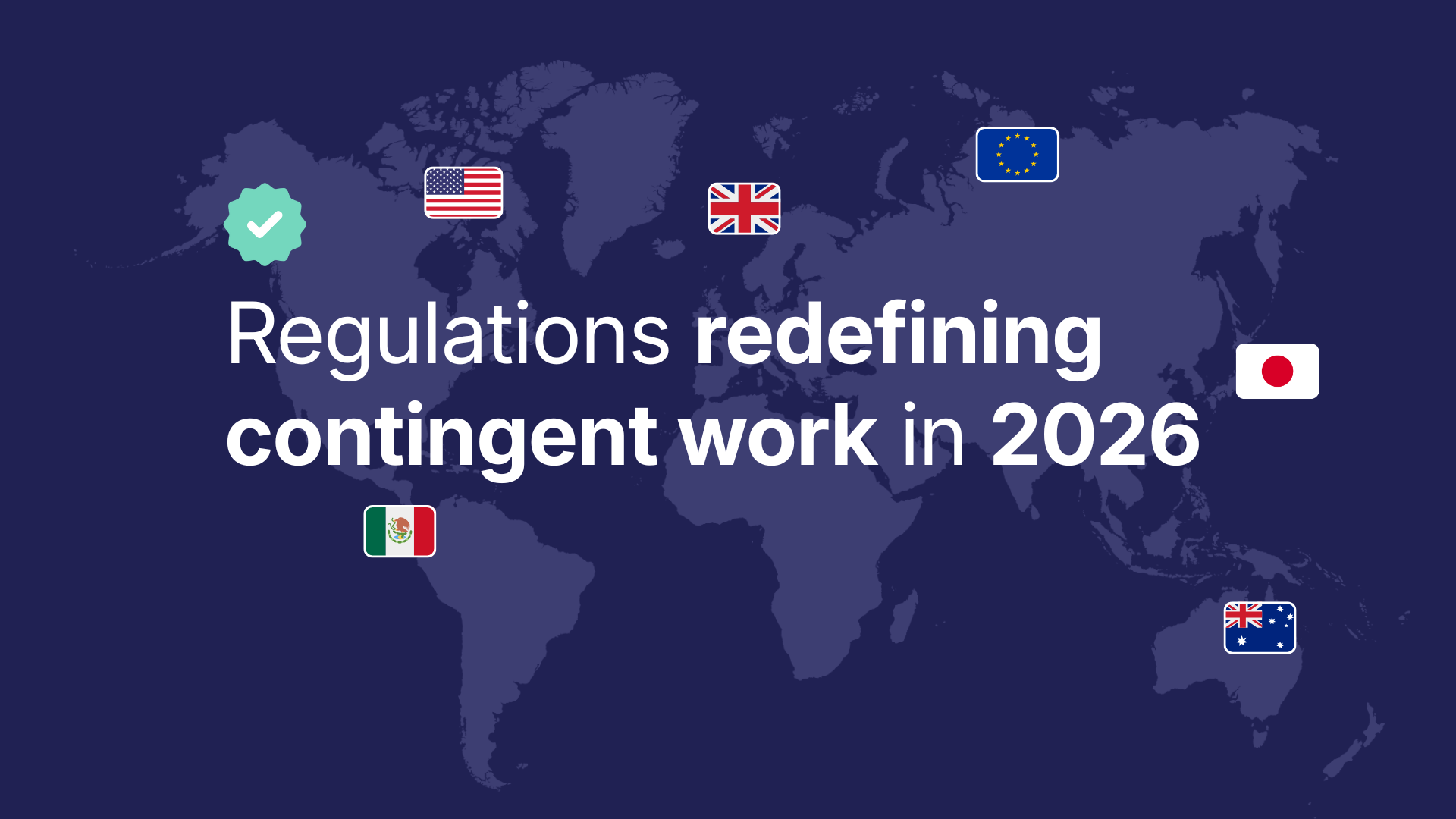When it comes to payments, working with freelancers can feel like a minefield for your business that is used to paying staff every 30 days. From a freelancers perspective one of the challenges to running their freelance businesses is cash flow and chasing payments, which is not a pleasant experience for either party.
You might not be familiar with freelance payment portals, also known as freelance management systems, but with a sharp increase in freelance workers a Freelance Management System could be beneficial for your business.
Our blog outlines the benefits of using a Freelancer payment portal when working with freelancers which will help reduce admin, fee’s, and enable full compliance with Inside IR35 payments as well supporting with transparent negotiation of freelancer rates.
What is a freelance payment portal?
A freelance payment portal is clever management software that takes on the responsibility of paying all your freelancers plus any associated recruitment agency, then consolidating it into one invoice for your business accounts payable team.
A Freelance Management System gathers all the essential information including:
- Bank details
- VAT status
- Tax jurisdiction
- Freelancers Business Details
- Right-to-work checks
It ensures compliance with HMRC’s IR35 legislation making payments to all freelancers including to freelancers who are working Inside of IR35, making sure that tax deductions are taken at source and passed through to HMRC.
Using a portal like YunoJuno allows your business to pay freelancers via their chosen business structure regardless of the IR35 status plus in their chosen currency to the right bank account without room for error or delays.
A key feature of using a freelance payment portal is that it helps keep your business compliant with HMRC and any tax regulations when it comes to paying your freelancers. This is a key feature as the penalties for paying someone incorrectly can be a disaster.
Using a portal will also mean freelancers are paid regularly- without delay which is arguably the most important feature! There are some payment portals like YunoJuno that pay freelancers every week even if your business payment terms are different.
Why should your business use a payment system for freelancers
Having a payment portal in place will crucially save your finance and accounts payable teams the added time and paperwork when it comes to adding each freelancer as a new supplier in order to pay everyone’s invoices.
Payment portals make sure there aren’t any errors between timesheets, raising invoices and importantly- payments being made which creates a great ongoing relationship for everyone.
When you onboard freelancers, it’s highly likely they’ll all have their own payment terms when they invoice but using a payment portal ensures everyone is on the same page when it comes to billing. Using a portal like YunoJuno helps simplify billing for both in-house teams and freelancers.
Our freelance management tool produces weekly payments to freelancers regardless of if they are paid gross or taxed at source, keeping everyone happy!
Want to learn more about payment portals or how your business could benefit from YunoJuno? Start your demo with our team today.







